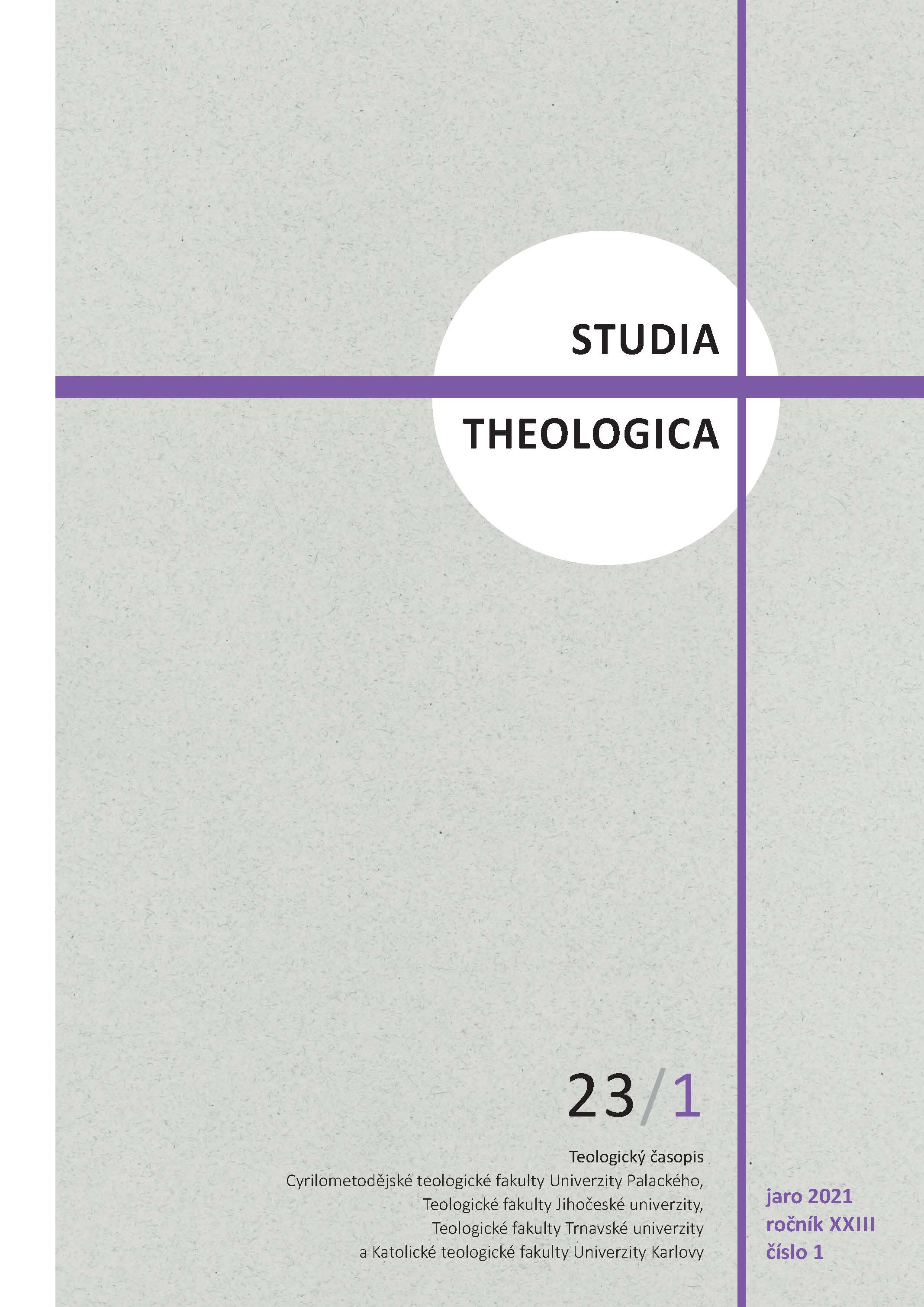Mudrci či králi?
Sages or Kings?
The Influence of Confessional Affiliation on the Dramas of Baroque School Plays
Author(s): Miroslav VaršoSubject(s): Theatre, Dance, Performing Arts, Theology and Religion, 16th Century, 17th Century
Published by: Univerzita Palackého v Olomouci
Keywords: School Plays; Catholics and Protestants; Seventeenth Century; Upper Hungary (Slovakia); Sages; Magi; Kings;
Summary/Abstract: School plays, the heritage of the Renaissance, were an important means of education the Baroque era in Catholic and Protestant settings. In addition to a number of common elements of Renaissance culture, it naturally worked with confessional potential. It could be argued that the school plays served to express it. In the field of education, a kind of intellectual battle arena was being created in the setting of school theatre during the Counter‑Reformation, where prestige in a noble style was decided upon. The performances of both the Protestant and the Catholic camps, to express their own religious and cultural wealth, are worthy of admiration. I deal in the present study with the specific theme of the representation of the centuries‑old tradition of making a vow by three sages/kings on the school scene in the second half of the seventeenth century in Upper Hungary, with the question as to whether or not the given confessions left their mark in the presentation itself, and if so, in what shape. The essentials texts were: Periocha of the school play from the Catholic setting Magnes Amoris Divini = The Attraction of God’s Love from the Spišská Kapitula (1650) with regard to the Moravian declamation play Declamatio Genethliaca de Jesu Christo Recens Nato = Birthday Declamation about the New‑Born Christ (seventeenth century) and complete records of three school declamation plays from the Protestant setting: Ein zweifacher poetischer Act… = Double Poetic Act… from Prešov (1651), Lusus Scholasticus = Rhetorical Play from Ilava (1653) and Jesus Desiderium et Delicium Piorum = Jesus Desire and Enjoyment of the Pious from the Prešov provenience (1667?‒1673).
Journal: Studia theologica
- Issue Year: XXIII/2021
- Issue No: 1
- Page Range: 93-109
- Page Count: 17
- Language: Slovak

